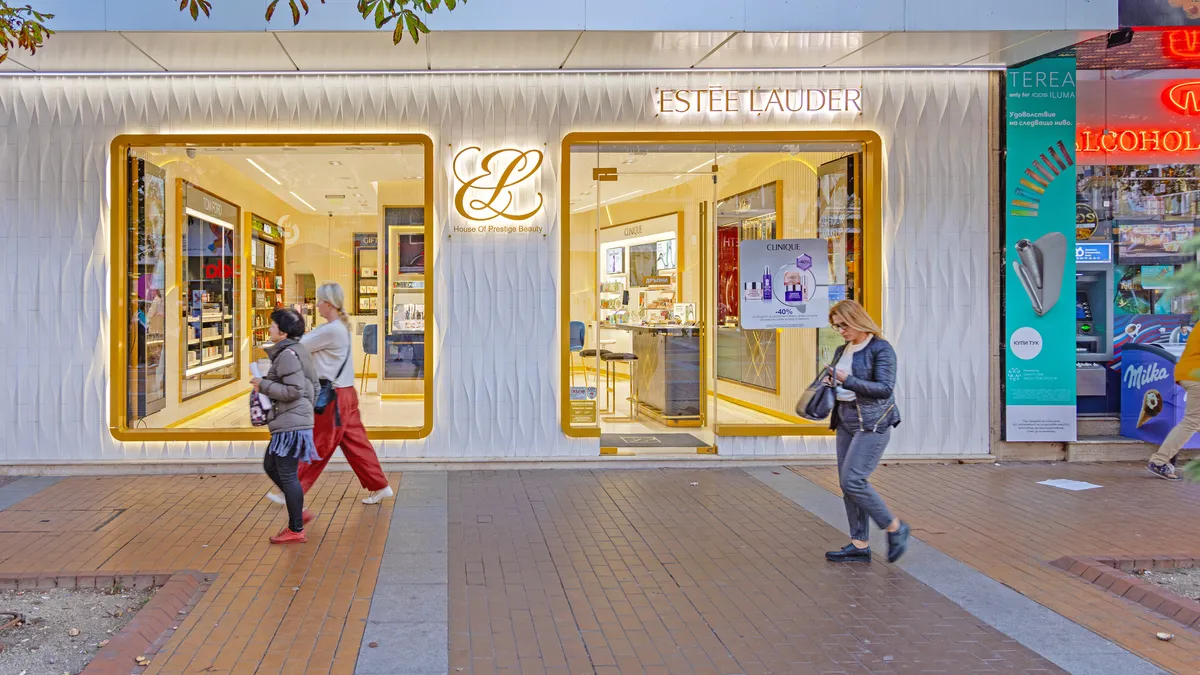Dive Brief:
- Estée Lauder Companies is building out its AI portfolio through expanded employee access to customized GPTs as part of its partnership with OpenAI, the companies said Wednesday.
- Employees have access to more than 240 custom GPTs, including applications to analyze consumer survey datasets, extract insights on skincare product effectiveness and synthesize vendor details.
- The beauty brand established a cross-functional GPT Lab tasked with uncovering high-impact use cases and boosting adoption. The lab focuses on fast prototyping and testing to identify scalability, working with business users, subject matter experts and technical leads.
Dive Insight:
Estée Lauder Companies is working to bring AI to the forefront of its industry. The beauty brand, which includes Clinique, Mac and Too Faced, has ramped up its focus on the technology and democratized access in the process.
As an early adopter of ChatGPT Enterprise, ELC has worked to distill which use cases to pursue. Teams currently use ChatGPT Enterprise for data processing and analysis, and with the customized GPTs, the use cases have expanded.
“We look at the value the GPT would bring to the organization, and we also look at the effort that is needed,” Kingsuk Chakrabarty, director of enterprise architecture, AI and R&D at ELC, said in a statement. “Then we prioritize the GPTs which have high value and can be built quickly.”
ELC said ChatGPT has improved response times across R&D and marketing teams by more than 90%. Other benefits so far include accelerating speed to market and reducing manual tasks.
Enterprise success with generative AI initiatives has varied this year. Some technology leaders have found adopting the technology will require modernization, and others have struggled with showing the value of projects.
Collaboration among business leaders has been key for organizations to overcome and prevent early ROI struggles, according to technology leaders.













